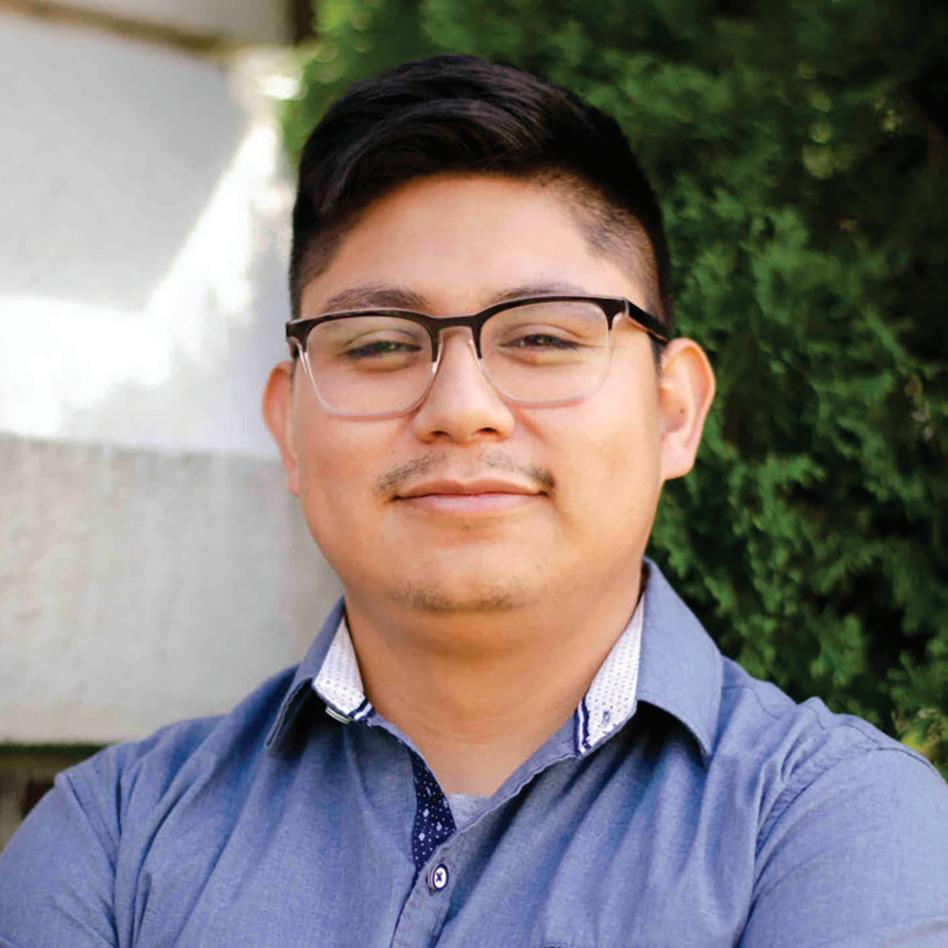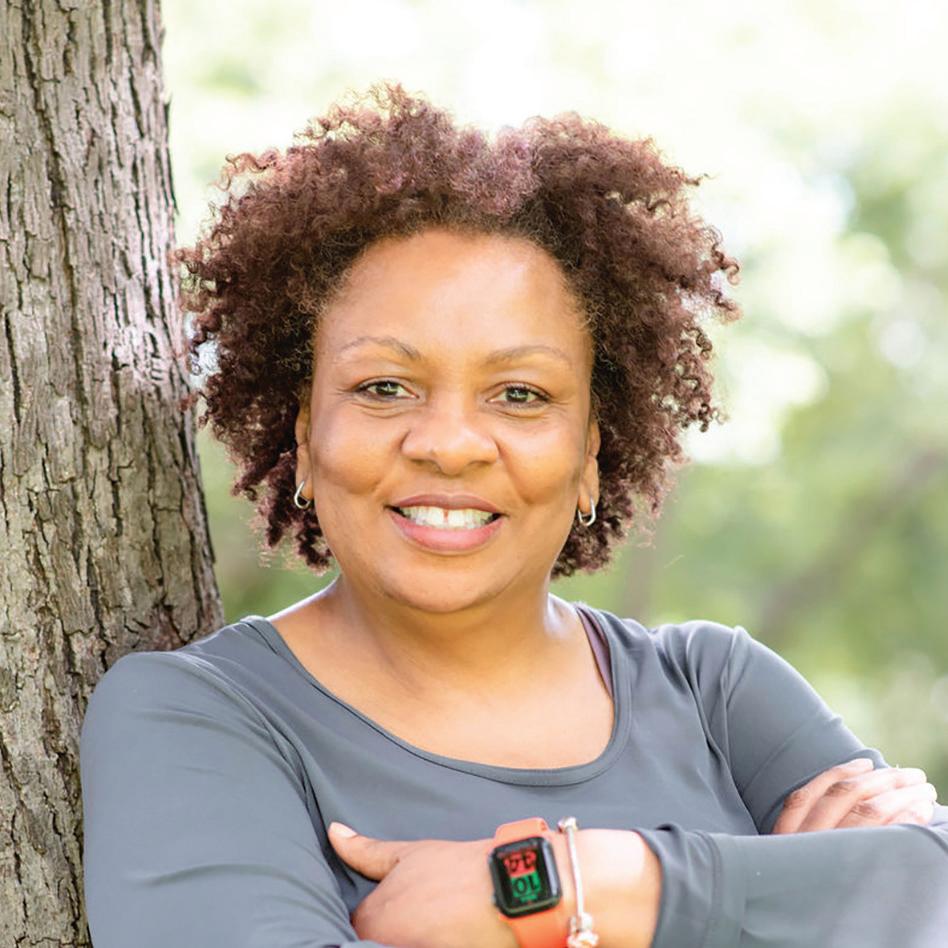
2 minute read
Sustaining BIPOC Leadership
Prioritizing rest and restoration
Our shared humanity calls us to build a community where every person can be whole. Those who do the work of initiating change need space and support for their own healing and rejuvenation. Time with family, exercise, travel and rest are all necessary for a well-balanced life. By engaging in acts of restoration, our community leaders can be at their best when supporting community members.
Leaders of color — particularly women — do much of the heavy lifting of advancing racial equity. They are often volunteering more of their time, receiving less pay and working in under-resourced organizations, according to Alyssa Stewart, chief impact officer at United Way of South Central Michigan (UWSCM). Without sufficient organizational funding for health insurance or paid time off, black, indigenous, people of color (BIPOC) leaders face a higher risk of experiencing burnout, rapid turnover and trauma.
KZCF’s Sustaining BIPOC Leaders initiative provides funding for these leaders to access what they need to take care of themselves. By prioritizing their own well-being, they ensure that their work is sustainable.
“In the pandemic, so many needs came to the surface,” said Lily Salas, KZCF Community Impact & Investment Officer. “We saw the UWSCM release their Seeding Leaders initiative, and we learned from them.”
Through their Wellness Fund, the Stryker Johnston Foundation (SJF) also supports BIPOC leaders, “based on the emotional labor required for the work they do,” said SJF Grant Program & Partnerships Director Yolanda Lavender
The three funders collaborate by learning from one another and ensuring that, between them, a plethora of wellness needs are covered.
“Receiving a grant through the Sustaining BIPOC Leaders initiative allowed me to invest more in my physical and mental health. I’ve been able to purchase a gym membership and attend group workout classes. By staying active, I’ve relieved stress which has helped me feel more present with my family and manage work relationships better. This grant helped me invest in my personal care. Now, I can invest in others.”
Irving Daniel Quintero Gervacio Associate Director, El Concilio
“As all these supports coalesce together, we hope we will see a continued groundswell of more healthy, supported, whole leaders doing their critical work in community,” Stewart said.
The 28 recipients of KZCF’s Sustaining BIPOC Leaders grant used the funds this year for healing and wellness opportunities, time off, professional development and travel. Many reported the support helped them enjoy more time with their families, recover from empathy fatigue and reflect on the success of their efforts.
Dr. Charlae Davis, executive director of ISAAC, understands the importance of establishing healthy lifestyle routines in the midst of engaging in transformational work.

“The racism we are battling and inequitable systems we are trying to dismantle are toxic, and this work becomes heavy,” Dr. Davis said. “We encounter this simultaneously to the daily racism and ‘isms’ we face personally. Intentional opportunities for self-care without barriers are so needed.”
Dr. Davis considers self-care to be one way of engaging in radical resistance and encourages BIPOC leaders to shed any guilt that may arise from prioritizing it.
“I express my gratitude for receiving a grant through the Sustaining BIPOC Leaders initiative and the opportunity it afforded me to take some much-needed time away. Working in middle management at a nonprofit involves a lot of advocacy for my staff and their wellbeing. Unfortunately, my own needs are overlooked sometimes in the process. This grant helped bridge some of that gap.”
Pamela Hampton-Wright Supervisor, The Children’s Advocacy Center (Community Healing Centers)









